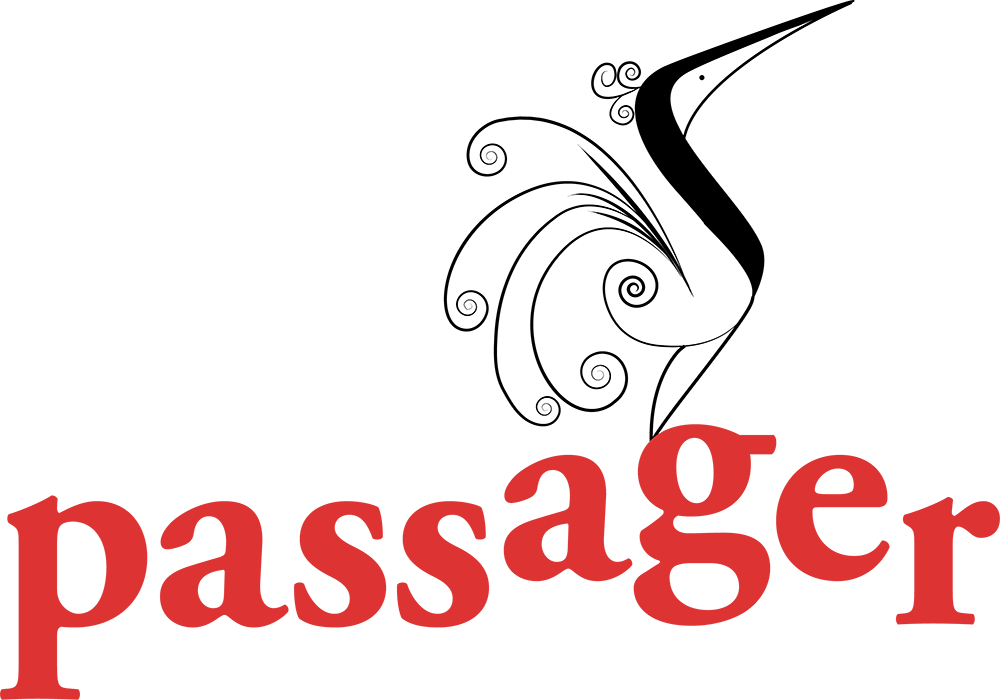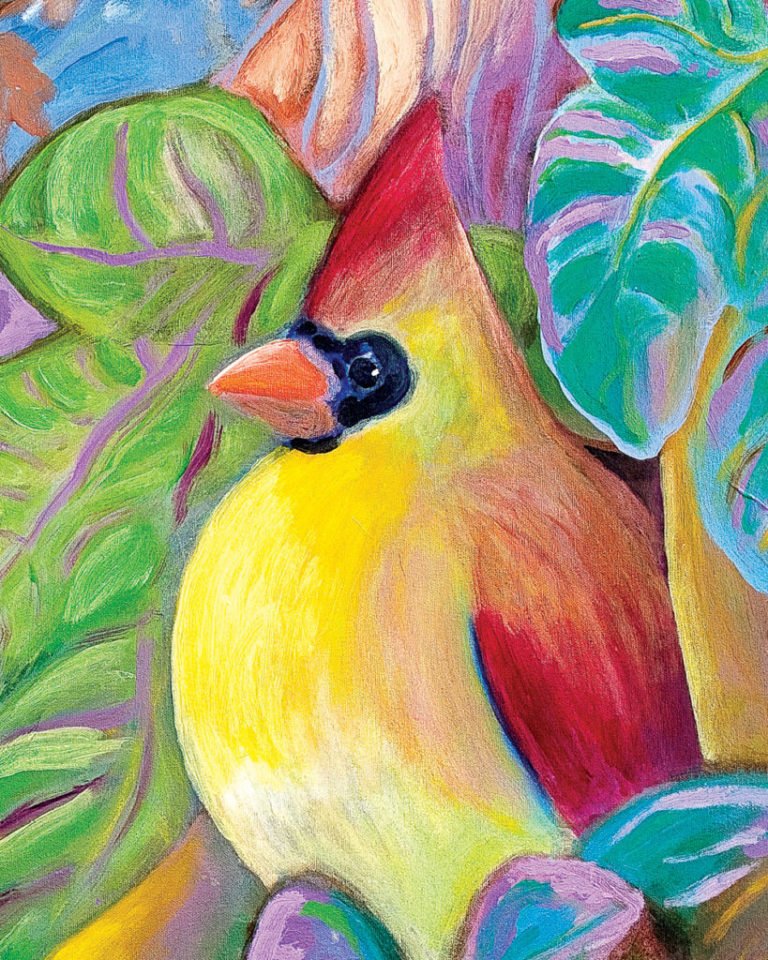Eating!





Thoughts on food and food for thought, with poems by Bonnie Jacobson, Charles Springer, Fran Markover, Sharron Singleton and Ellen Hartley.
6 minutes
TRANSCRIPT
Thanksgiving’s about lots of things, among them gratitude, family . . . and sports. It’s also about food, and that’s what this episode of Burning Bright is about.
We’ll begin with Bonnie Jacobson’s poem “The Mystery of Food and Thought” from Passager Issue 72.
I don’t know how to live and so
I just do it, eating my egg a day as if
it were the first egg of my life
or the last, coffee and toast
as great an astonishment.
Any hunger strike is conviction
I cannot imagine, while imposed starvation
is evil way beyond Satan
in that silly red satin bodysuit.
And though my mind has rummaged
through a dustbin of possibilities,
it will never understand
why it must eat in order to
savor and praise.
Bonnie Jacobson’s poem “The Mystery of Food and Thought.” Bonnie said, “I argue a lot with what my primitive brain, for lack of a better idea, calls God. ‘The Mystery of Food and Thought’ came easily because it is straightforward with no fresh metaphors or digressions, just a wistfulness.”
Charles Springer said his poem “Suburban Pastoral” “just seems to have happened. Like someone was telling me what to write down. Most likely my lost partner, reassuring me neither of us was really lost.”
It’s the perfect time of the year for evenings.
You, home from your desk in the big building.
Me, from the bench by the pond in the park.
Table’s on all fours in the kitchen. Wine
breathes through its mouth.
Music like no music sweeps in off the porch swing.
A loaf cools. Butter puddles.
We are finally beside us.
What’s left and right in the world.
“Suburban Pastoral” by Charles Springer from Passager Issue 61.
Fran Markover grew up on a small poultry farm in the Catskill Mountains with her parents and grandparents. She said her grandmother spoke her heart and mind to the dishes she prepared, and those dishes tasted richer as a result. Here’s Fran Markover’s poem “Stew.”
How she spoke to the vegetables, soften up,
already or take your time, usually in Yiddish.
Maybe she was thinking about the garden
and how the pungent earth sifted through
her calloused fingers. Sometimes, I heard
cries to the chicken roosting in thick liquid.
Question & response as if she were in shul.
The rabbi intoning his queries, congregants
nodding amen. Grandmother asking the bird
what’s missing—salt, chives, a bissel celery?
Sometimes, steam would moisten her face.
It wasn’t the onion commiserating or broth
on lowest flame, but something bone-deep,
green as kale that led her to whisper only in
dreams are carrots as big as bears, or mayn
cabbage, help me, Got in himmel, my God
in heaven, help me remember—how much
sour or sweet, how much longer for each
layer to boil down, simmer, tender as flesh.
Fran Markover’s poem “Stew” originally appeared in Passager Issue 59 and later appeared in her collection Grandfather’s Mandolin.
Sharron Singleton speculates that because oranges are “sexier” and more sensual than apples, maybe Adam would have been more likely to be seduced if Eve had offered him an orange rather than an apple. Her poem “I Think It Was an Orange” uses as an epigraph a line from Genesis: “She took of its fruit and ate and also gave some to her husband.”
It is all belly—dimpled, pregnant,
its skin oily to the touch, bitter
to the taste. It speaks in tongues,
gives a small zesty gasp as you peel off
its clothes. It is Persian, whirls, ecstatic,
splits into two perfect halves,
the membraned sections are zealots
of sweetness. Press the globules against
your tongue and your mouth is born again.
Tuck the moist peelings
in your pocket. Your hands, those
evangelists, will smell like incense.
Sharron Singleton’s poem “I Think It Was an Orange,” from Passager Issue 59.
Remember back in the old days when Thanksgiving dinner was just Thanksgiving dinner — turkey, stuffing, potatoes, vegetables, rolls, and pumpkin pie? It’s not so simple anymore. We’ll end with Ellen Hartley’s poem “Modern Dilemma” from Passager Issue 58.
Sing a song of gluten
pocketful of trend
what to make for dinner
when cooking for a friend?
Mercury in tuna fish
arsenic in rice
chicks have salmonella
even cooked with spice
sodas empty calories
make you fat and lazy
coffee dries you out
leaves you jittery & crazy
hot dogs shot with nitrates
lactose in a malt
sweets cause diabetes
better skip the salt
trans fat clogs your arteries
steak’s considered cheating
vegan fakes taste awful
you might as well quit eating
“Modern Dilemma,” Ellen Hartley.
To buy Fran Markover’s book Grandfather’s Mandolin, subscribe to or learn more about Passager and its commitment to writers over 50, go to passagerbooks.com. You can download Burning Bright from Spotify, Apple and Google Podcasts and various other podcast apps.
For Kendra, Mary, Christine, Rosanne and the rest of the Passager staff, I’m Jon Shorr.



